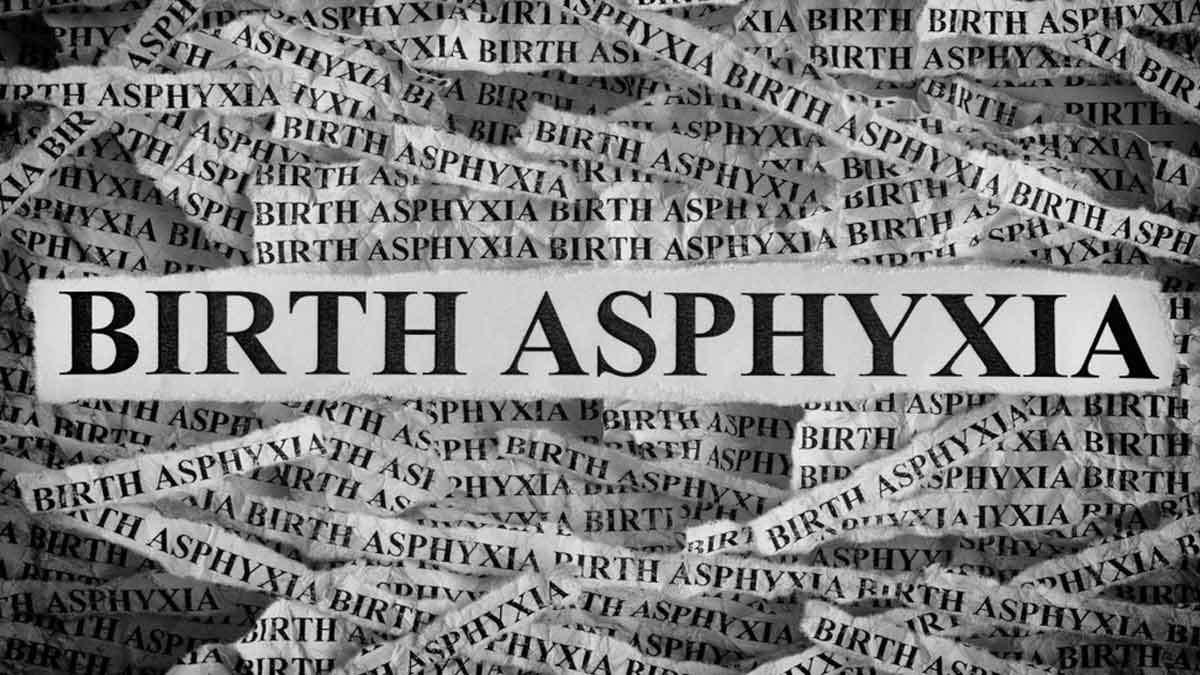
Birth asphyxia, a condition marked by a lack of oxygen and blood supply to a newborn, is a critical concern during delivery or immediately after birth. This deprivation, known as hypoxia, poses a significant risk of severe brain damage, often irreversible. The blood flow and oxygen delivery are crucial because they control all the vital parts of the body. Identifying its causes and swiftly addressing them is crucial for ensuring the well-being of newborns. We spoke to Dr Adarsh AM, Consultant Paediatrician and Neonatologist, SSM Hospital, Bengaluru, who explained its causes and listed the treatment measures.
Table of Content:-
The consequences of birth asphyxia are severe. It can result in seizures, coma, or reduced activity in newborns. Symptoms include weak breathing, bluish or lighter than normal skin tone, low heart rate and weak reflexes. According to Frontiers in Pediatrics, it significantly contributes to neonatal mortality, with an annual occurrence of 4–9 million newborns experiencing this condition.
Causes of Birth Asphyxia

Dr Adarsh listed the factors that contribute to birth asphyxia as follows:
- Maternal conditions like severe hypertension, anaemia, and smoking can reduce the blood supply to the baby.
- Conditions, such as uncontrolled diabetes or issues with the placenta, including bleeding or ruptures, also pose risks. These events, termed sentinel events, can abruptly halt oxygen supply, impacting the developing brain.
- Foetal causes, such as excessive size or stress-related incidents before or during birth can contribute to this condition.
- Severe cases might even lead to Multi-Organ Dysfunction Syndrome (MODS), affecting various organs like the heart, kidneys, and liver. It can also result in permanent brain damage.
Immediate Care And Treatment

Newborns affected by birth asphyxia require immediate attention. They are often taken to specialised Neonatal Intensive Care Units (NICUs) equipped with advanced monitoring and staffed by neonatologists and paediatric neurologists. Basic treatment involves restoring oxygen and blood supply while closely monitoring the baby's condition through brain scans and blood tests.
“Identifying and treating birth asphyxia during the ‘golden hour’, i.e. the first hour of life significantly improves outcomes. A new treatment modality, therapeutic hypothermia can limit the amount of ongoing brain damage if the procedure is started within six hours of life”, highlighted Dr Adarsh.
Paediatricians attending deliveries play a pivotal role in recognising signs, such as lack of crying, decreased activity, or abnormal breathing in newborns. Timely intervention through resuscitation helps restore oxygen and blood supply, reducing the risk of complications.
Also Read: Pregnancy Care: Experts Shares A Pregnancy-Friendly Fitness Routine For Expecting Mothers
Long-Term Effects Of Birth Asphyxia

The extent of brain injury due to birth asphyxia determines the long-term consequences. “While some babies might show no brain damage, others may experience seizures, learning disabilities, or sensory impairments like hearing or vision problems. MRI scans performed around days 5-7 of life help assess the severity of potential future issues”, said Dr Adarsh.
According to BMC Pregnancy and Childbirth, birth asphyxia stands as a primary factor in causing brain damage. In severe cases, it has the potential to harm brain cells, leading to life-threatening conditions, such as hypoxic-ischemic encephalopathy, brain injuries, autism, attention deficit hyperactivity disorder, seizures, and cerebral palsy.
Bottomline
Dr Adarsh concluded, “Understanding birth asphyxia's causes, immediate care, and long-term implications is essential for both medical professionals and parents. Early recognition and prompt treatment significantly impact a newborn's chances of overcoming this critical condition and reducing potential long-term effects.”
[Disclaimer: This article contains information provided by a registered healthcare professional and is for informational purposes only. We advise you to not substitute with medical treatment and consult your doctor to avoid complications.]
Also watch this video
How we keep this article up to date:
We work with experts and keep a close eye on the latest in health and wellness. Whenever there is a new research or helpful information, we update our articles with accurate and useful advice.
Current Version